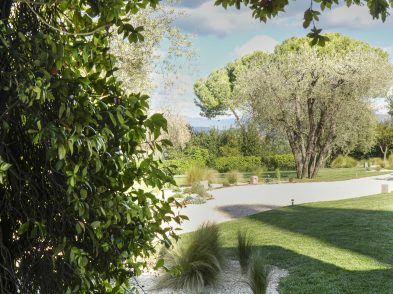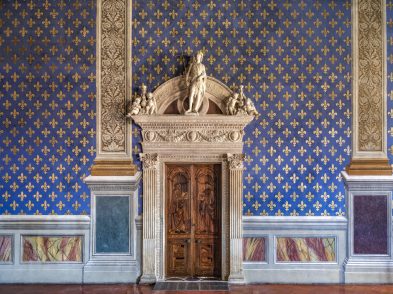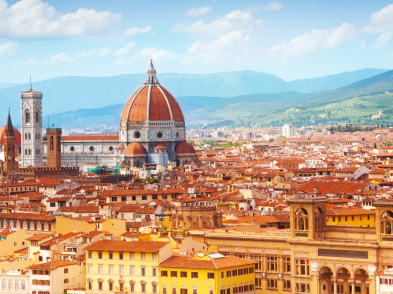Translation is never a straightforward linear process; it is all about the purpose, or, to share a technical term, ‘skopos.’ As a linguist, I make choices as I convert text in one language into another. The purpose of a Tuscan agriturismo website is to sell holiday accommodations of course, so my strategy is tailor-made to that context. But in translating for the tourism sector, I have noticed that Italians have a thing about size.
It’s curious in a country where 99.9 percent of the companies are small and medium enterprises, hamlets are the norm and the lone artisan is praised. But there appears to be a deep-seated notion that bigger really is better.
Every agriturismo text I encounter seems to focus on the surface area of the rooms, the grounds, the pool, the bath house, the storage area within the bath house, et cetera. Square metres are ubiquitous. In some instances, even the cubage is stated, as if to assure the domestic traveller that the ceiling is well above his or her head.
The problem with translating depth, breadth and height into English is that it feels absurdly detailed and verging on the overboard. Frankly, if I were to book a holiday in an isolated Tuscan hilltop village, surface area would be the last thing on my mind: all I’d want to know would be whether I will eat and drink well, and if there’s a pool and a tennis court. (Granted, that probably says more about me than the needs of the average tourist.)
Then there’s the size issue involved in frazione, paese and città. The translator generally must look up the hamlet, village, town or city to find out the proper label to attach to it. Plus, there’s the added fun, of course, of how a capital letter can change the whole ball game: paese (town or village); Paese (an entire nation).
I’m a big subscriber to skopos, which means that I’m forever questioning what exactly needs to be translated and how. But when faced with that multiplicity of square metres, I often ask myself if ‘spacious and sun-lit’ is actually all that’s required. Sometimes, just occasionally, less is more.
For made-to-measure Italian to English translations by The Florentine’s editors, email redazione@theflorentine.net.









